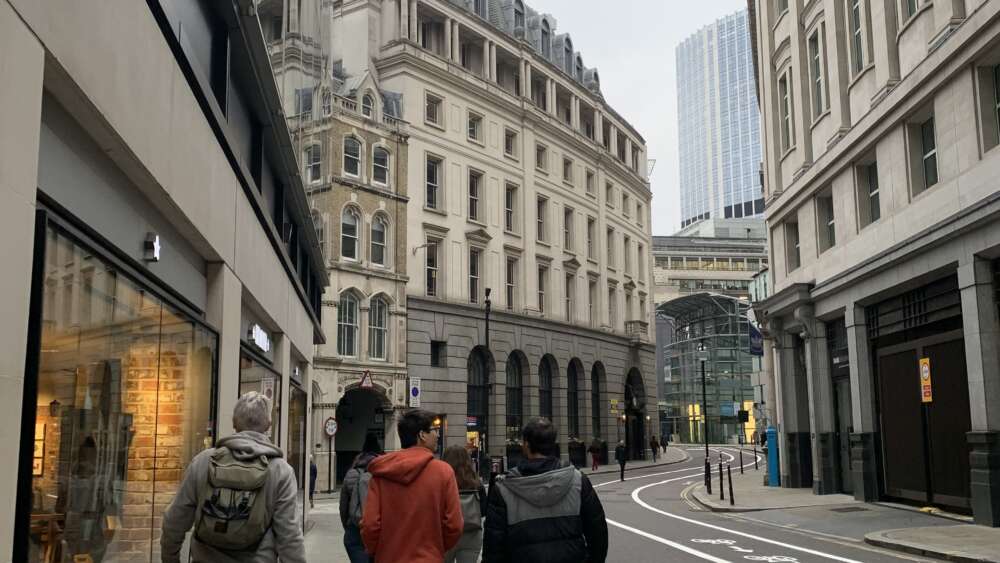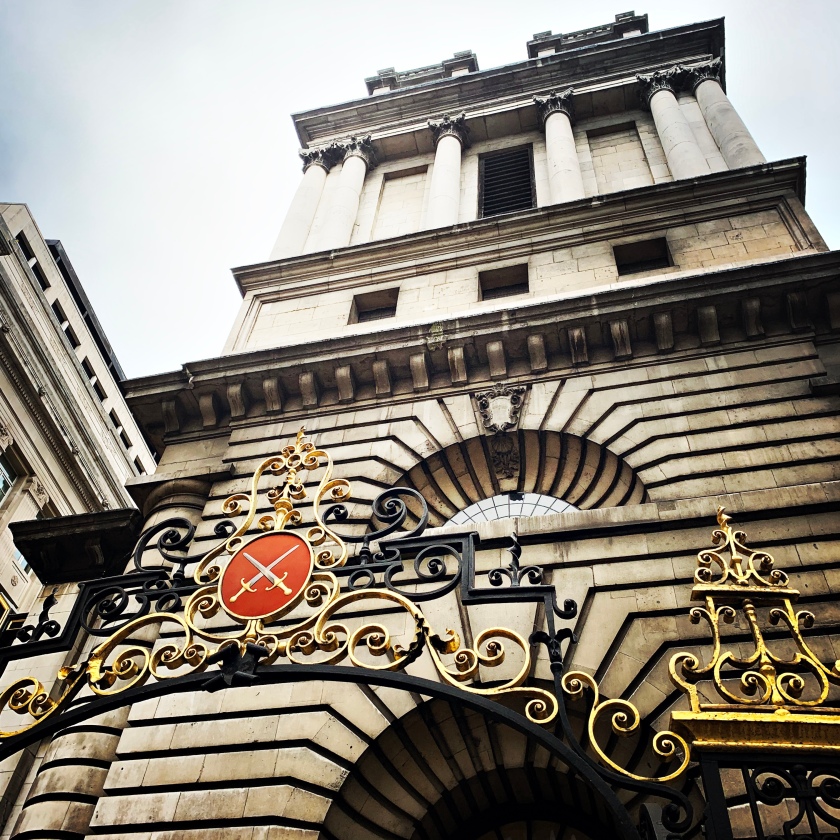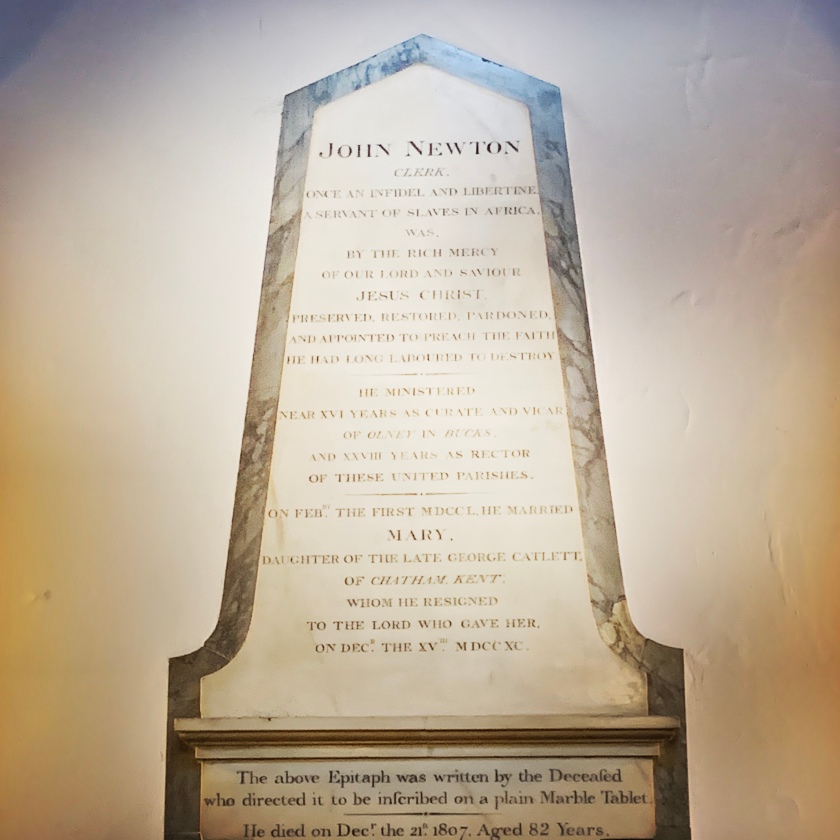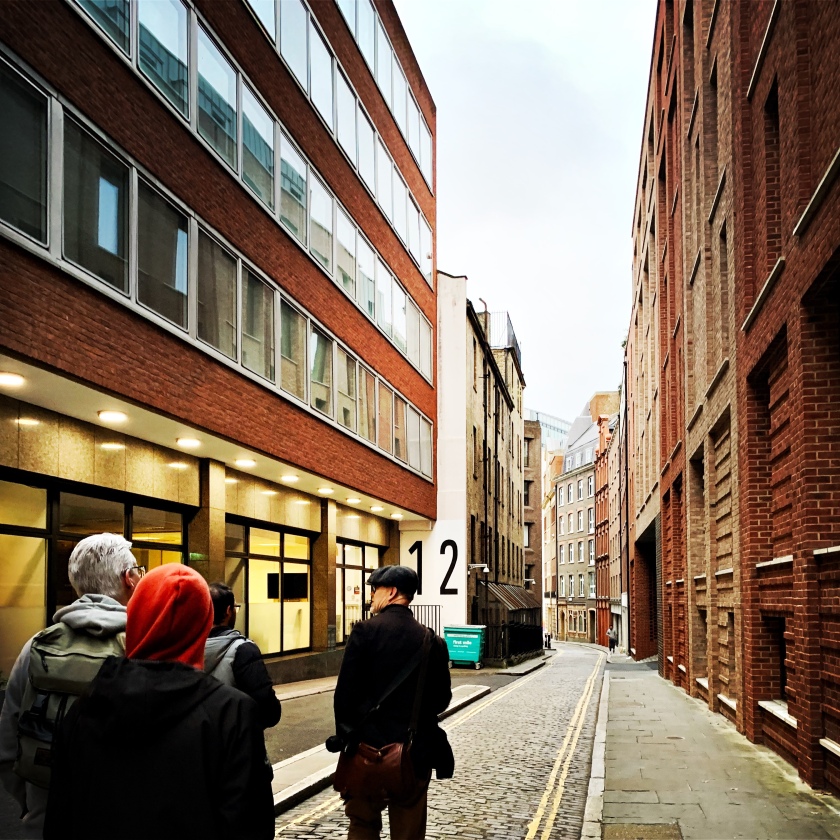It was Saturday. We hurried our reluctant teenage son out the door to go for a guided walk through London.
The tour wasn’t about the history of the magnificent buildings or well known events, but about the Christian men and women who lived and worked in this great city, centuries before us, who ended up changing the world.
The walking tour was conducted by Christian Heritage London.
Remember your leaders, those who spoke to you the word of God. Consider the outcome of their way of life, and imitate their faith. Jesus Christ is the same yesterday and today and forever.
Hebrews 13:7-8
It was incredibly encouraging. We hear so many stories of people doing terrible things in the name of Jesus. It was nice to hear stories of faith and faithfulness to God who has shown such incredible mercy and grace to a world that rejected Him and rejects Him still.
We started the tour at the grand St Paul’s Cathedral. Around the back is St Paul’s Cross. The open air pulpit where public announcements were made and where thousands of copies of the first English translation Bibles were burned.
It was William Tyndale’s life’s work. He was the first person to translate the Bible from the original Greek and Hebrew into English, angering the church establishment at that time. He was persecuted and eventually murdered for his conviction that the word of God should be accessible to everyone.
I realised I’m a Christian today partly because of the work William Tyndale started hundreds of years ago. I encountered Jesus at a Bible study in an inner western suburb of Sydney, half a world away. I just took the fact that it was printed in English and in my hand for granted.
We visited so many sites. Heard stories of men and women who put their money and lives on the line because they loved and followed Jesus who sacrificed His life for us.
We heard about Anthony Ashley-Cooper, the Earl of Shaftesbury. If we currently enjoy free education, good working conditions, humane treatment of people with mental illnesses, and our young children aren’t working, we have that man to thank.
Not too far from St Paul’s cathedral was St Mary Woolnoth church. We went inside. It was tiny, seating only about 120 people.
But what happened in this small church in the middle of the city of London changed the world. And all it took was a conversation.
John Newton was the vicar of this church from 1780 until his death in 1807. John Newton, the infamous slave trader, who prayed for his life while on a ship in a terrible storm to God he had previously rejected. John Newton who wrote Amazing Grace after his conversion. A hymn that is still being sung to this day.
Amazing Grace, how sweet the sound,
that saved a wretch like me.
I once was lost, but now I’m found,
was blind, but now I see.
Who knew God’s intervention during that terrible night on that ship would lead to a conversation that would change the course of history.
Our guide told us a story of a member of Parliament who had just converted to Christianity. Concerned by the ridicule that would come his way, he sought out John Newton and asked if he should remain in Parliament or leave and become a church minister.
Newton told the man to stay in Parliament and to serve God where he was. So he did. The man’s name was William Wilberforce and he went on to play a significant role in ending the British slave trade.
Wilberforce died three days after he heard the Slavery Abolition Act 1833 would pass Parliament.
It’s almost two years since we moved to London. We left family and friends behind in Australia on the 23 November 2019 and landed in Heathrow airport the next day.
We knew this was an amazing global city. I just didn’t realise how incredible living in London was going to be.
Today I realised part of its heritage was deeply Christian.
I realised there were men and women who died in this city because they believed faith in Christ alone was the path to salvation. That there were Christians who gave up their fortunes and lives to serve others who were in need. That their faith compelled them to love and good deeds not because they were somehow more kind or civic minded than others. But because they understood just how much they were loved and forgiven by the God who gave them life.
The tour around London was certainly a walk to remember.

Email This Story
Why not send this to a friend?






